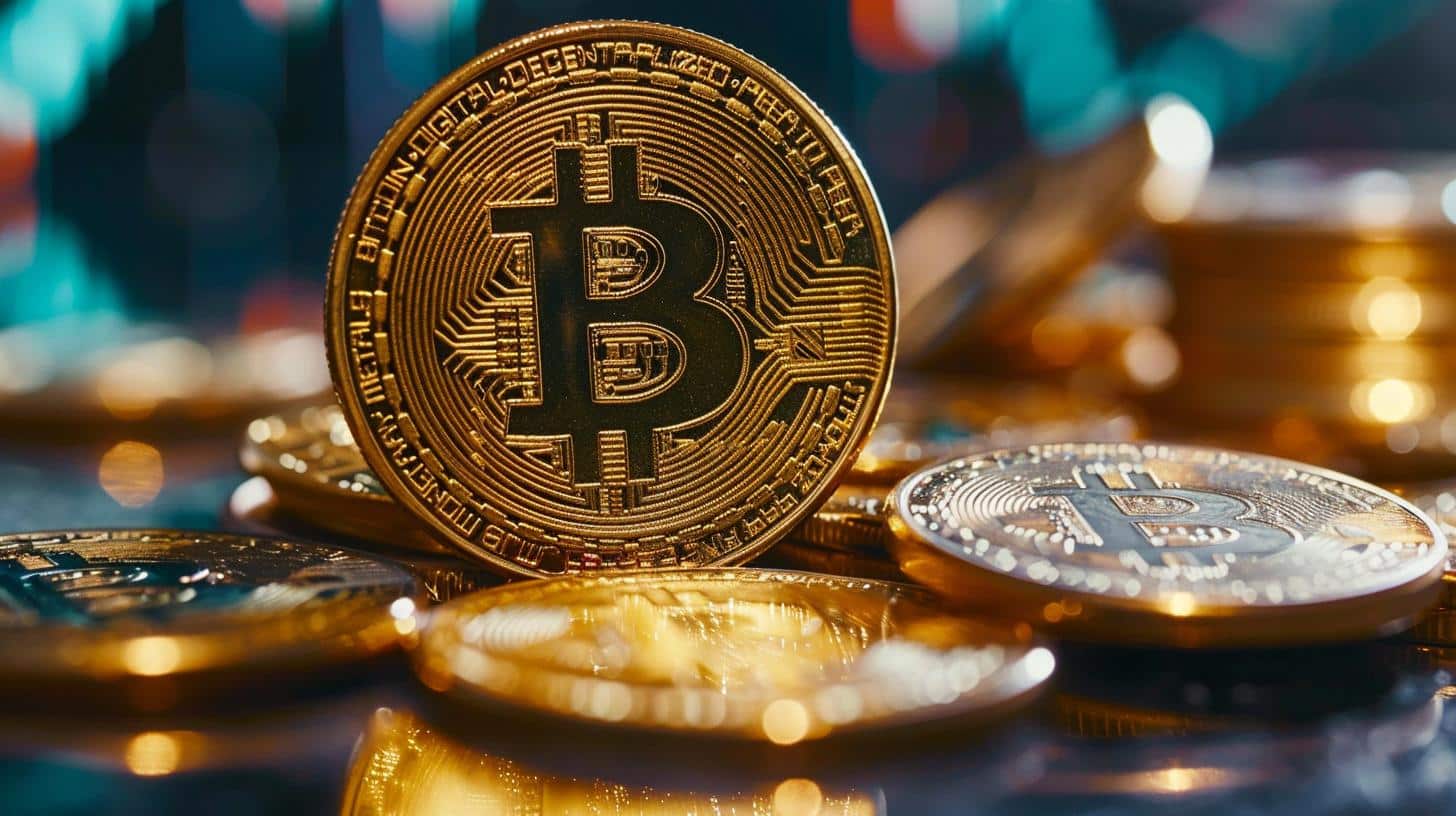DeFi: The Future of Finance or a Distant Dream?
Is complete decentralization in finance inevitable?
There's a lot of talk about DeFi (decentralized finance) these days. If one were to believe all the hype, it would seem that DeFi is a foregone conclusion – it’s not a matter of if complete decentralization will happen, but rather a matter of when. Admittedly, it does appear that things are heading in that direction. The potential, the market need, and the technology are all there. While some infer that we could make the switch right now, that’s beyond optimistic.
It’s true that decentralization is dependent on blockchain technology, and you’d be hard-pressed to find people who will argue that blockchain doesn’t work. Even naysayers, when pushed, will concede that the technology itself is solid and has the potential to disrupt finance as we know it. But just because blockchain technology has proven itself doesn’t mean that DeFi is a necessary inevitability.
Roadblock #1: Consumer Buy-in and Trust
Our current centralized systems have been in place for a long time. They’re accepted because they’re familiar – and for the most part, they work very well. People are resistant to change, particularly when they don’t see a clear benefit. Even when shown the upsides, many will distrust a new way of doing things, taking refuge behind an ‘if it ain’t broke, don’t fix it’ mentality.
One of the chief arguments for DeFi is that it removes the middleman. But that doesn’t take into account that some people would rather pay a third party to perform a service. We generally accept that – like attorneys or CPAs – financial professionals know more than we do about their specialty and will do a better job. More importantly, when professionals provide a service, they also take on the accompanying risk.
Consumers will be even more hesitant to accept a new system if it also means losing protection and accepting liability. This was effectively proven at the dawn of the credit card age. Payment card usage did not gain wide-scale acceptance until 1974 when stronger consumer protection mechanisms were put in place. Acceptance increased once consumers knew they had a safety net if they were scammed or defrauded. Even then, though, it still took decades for credit cards to become a dominant payment preference.
Roadblock #2: Banks and Financial Institution Acceptance
Financial organizations are understandably dragging their feet over a move to DeFi. Our existing banking model is deeply rooted in being paid to perform a service. Decentralization empowers users to do the work without a go-between, and consumers may not go for that. For the financial industry, however, DeFi could be devastatingly disruptive.
Services that are currently integral to their business could become obsolete, meaning banks stand to lose the biggest revenue source they have. DeFi could also potentially expose financial institutions to increased fraud risk. Currently, US banks are legally required to use KYC (know your customer) protocols to identify the individual attached to a transaction.
Roadblock #3: Lack of Clarity Regarding Government Oversight
While proponents of DeFi like to emphasize the absence of government regulations, that’s actually one of the challenges in achieving wide acceptance. Without a centralized system, legislation like the aforementioned KYC rules would be nearly impossible to enact.
DeFi and CeFi – Can This Be a 'Yes, and?' Situation
None of this means DeFi isn’t viable. Rather, it means that some amount of centralization is probably necessary to make it work on a wide scale.
DeFi is going to continue to evolve in parallel to traditional payments. It would make sense to eventually work toward a single, fully realized solution that combines the best elements of both models. A payments ecosystem that benefits from the speed, privacy, and egalitarian ethos of DeFi, with the security and institutional legitimacy of TradFi (traditional finance). The future of DeFi will depend on how we strike that balance between maximizing benefits and still enjoying the protections of centralization.
Analyst comment
This news can be evaluated as neutral. The market for DeFi will likely face three major roadblocks: consumer buy-in and trust, resistance from banks and financial institutions, and lack of clarity on government oversight. However, DeFi will continue to evolve alongside traditional payments, potentially leading to a hybrid solution that combines the best elements of both models. Striking a balance between maximizing benefits and maintaining the protections of centralization will be crucial for the future of DeFi.













